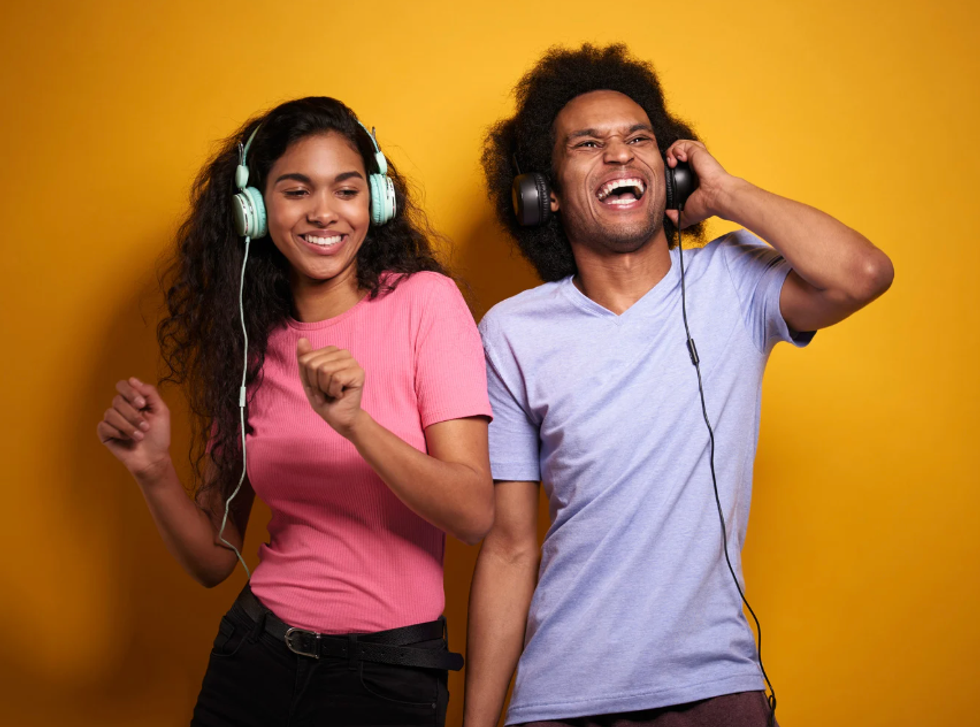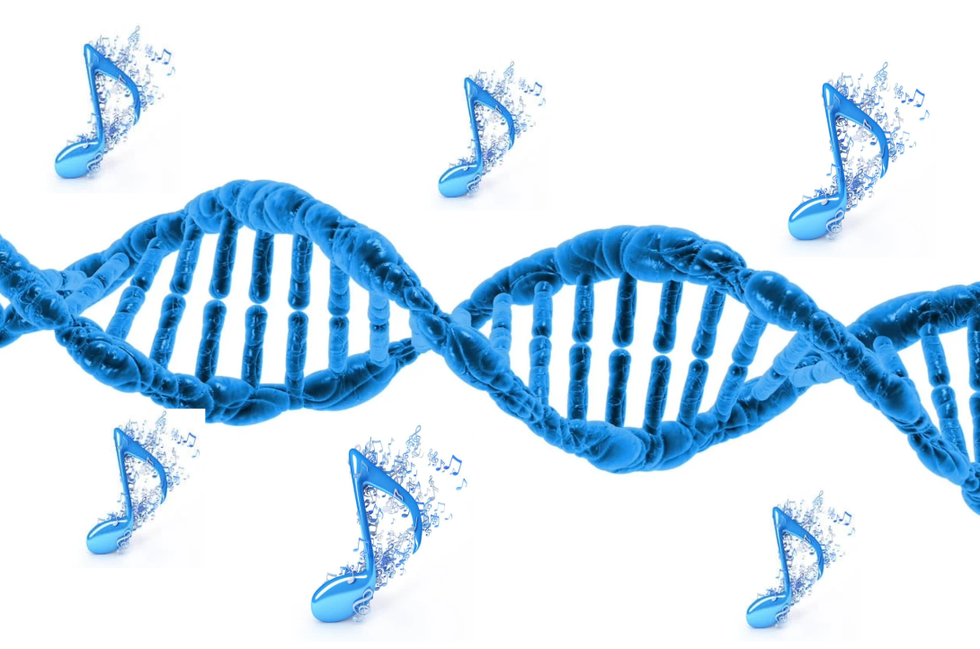A year ago, Amanda Saab became the first hijab-wearing contestant on a cooking show in the U.S. when she competed on MasterChef.
She found herself thrust into the spotlight, inundated with American Muslims cheering her on for breaking the stereotypes Americans have about the garment—and those who wear it. But social media also showed her a darker side of the response.
“I think people take to Twitter and Facebook comments when they’re having those really negative and hateful thoughts,” she muses.
Rather than delete the hurtful words, she responded, tried to create understanding and build relationships. But she had a tough time changing minds. Back home in Seattle, where she’s a social worker by day, she stewed on what she could do to make a difference in how Muslims in America are seen and treated. A big believer in the power of community and relationships, she started close to home: by inviting strangers on Facebook to have “dinner with your Muslim neighbor.”
[quote position="full" is_quote="true"]After last night, I became thoroughly convinced that shared meals could solve a lot of problems.[/quote]
She knew from the stares she’d gotten on Seattle streets that one of the biggest barriers to building relationships was people’s curiosity. They wonder about what the hijab means, what it means to be Muslim, and what the religion is all about, but have no idea how to go about asking. By creating a safe space and inviting people to ask her anything, she figured she’d fight the fear and ignorance face-to-face.
“The way we can solve the issue of Islamophobia,” she says, “is through building relationships, by having a community of understanding.”
For Saab, community meant cooking. She was nervous about the first dinner. Sixteen people sat down as strangers, including a pastor, practicing Jews, and an agnostic—people from all different walks of life. Saab and her husband are Muslims, but they aren’t scholars on the topic; would they be able to answer all of the questions? she wondered.
But, just like she’d done on the show, she decided she’d just focus on the food and everything else would come. At the dinners, Saab serves the same bright, fresh, colorful food that peppers her food blog and won her the spot on MasterChef: cold noodle salad with ginger dressing, bright green tabbouleh, savory pâte à choux, and make-your-own ice cream sandwiches with homemade cookies.
[quote position="full" is_quote="false"]16 people sat down as strangers, including a pastor, Jews, and an agnostic—people from all walks of life.[/quote]
The Saabs start the meal with a Muslim prayer in Arabic and English, a verse from the Koran, which inspires the first few questions. The verse is simple, a request for God’s guidance, but mention of Allah and the Koran quickly get people talking. If the conversation later slows or lulls, Saab and her husband volunteer their own stories—of finding their faith or daily life as a Muslim—and ask guests about their own lives. By the end of the meal, conversation flows, but still it centers on the reason everyone is there: how can we be better allies for Muslims, how can we change more minds?
The meal was so successful and the reaction so enthusiastic that she started planning more; as a food blogger in search of a way to help bring understanding to Islamic life in the U.S., she channeled her audience. Writing on her blog of the discussion, “We came to focus on our similarities (of which there are many) and not on differences (which are so few). It was wonderful to come to this place so naturally in our discussion.”
“After last night, I became thoroughly convinced that shared meals could solve a lot of problems and rectify so many social ills,” wrote pastor Jayson Bradley on his Facebook page following the dinner. “We're all more alike than different.”
Amanda Saab can’t change everyone’s mind—at least not yet—but she’s started with those of her own neighbors by answering as many of their questions as she can. We sat down with Saab to ask her a few more questions.
Who is your hero?
My mother is my hero. Growing up, she showed me what a strong, independent woman looked like, and always worked really hard and pushed my sisters and I to pursue all of our dreams and passions. She made us believe we had no limits, despite there being systemic limits and pressures on women and the glass ceilings. I grew up believing there were none.
What is the best advice you’ve ever received?
The best advice I ever received was from my husband, because he’s super laid back, and I’m so uptight: just have fun. I try to make everything perfect and he tells me, just enjoy what you’re doing. Have fun in life and everything you do. So that’s what I try to do.
How about the worst advice?
The worst advice, and people say this to other people all the time: “Don’t even bother.” Whether it’s something really small, or internet trolls, or whatever. “Don’t even bother.” Well, if you don’t challenge them, how will they know they’re wrong? Or if you’re taking a leap and doing a reality cooking show, “Don’t even bother.” Like, you’re not even a cook, you’re a social worker, what are you doing? You have to go with it.
What’s the last thing that made you laugh out loud?
An Olympics meme that was like “If you think you’re having a bad day, try being a lifeguard at the Olympics.” I feel so bad for that person. I’m sure they have to be there in case a spectator falls in? But still, awwwww.
If you could be anywhere in the world, where would it be?
Somewhere that I’ve never been but always wanted to go. After watching the documentary Jiro Dreams of Sushi, I want to be in a food stall in a subway in Tokyo. That’s where I want to be. If only I could teleport there right now!




















 Music isn't just good for social bonding.Photo credit: Canva
Music isn't just good for social bonding.Photo credit: Canva Our genes may influence our love of music more than we realize.Photo credit: Canva
Our genes may influence our love of music more than we realize.Photo credit: Canva

 Pictured: The newspaper ad announcing Taco Bell's purchase of the Liberty Bell.Photo credit: @lateralus1665
Pictured: The newspaper ad announcing Taco Bell's purchase of the Liberty Bell.Photo credit: @lateralus1665 One of the later announcements of the fake "Washing of the Lions" events.Photo credit: Wikimedia Commons
One of the later announcements of the fake "Washing of the Lions" events.Photo credit: Wikimedia Commons This prank went a little too far...Photo credit: Canva
This prank went a little too far...Photo credit: Canva The smoky prank that was confused for an actual volcanic eruption.Photo credit: Harold Wahlman
The smoky prank that was confused for an actual volcanic eruption.Photo credit: Harold Wahlman